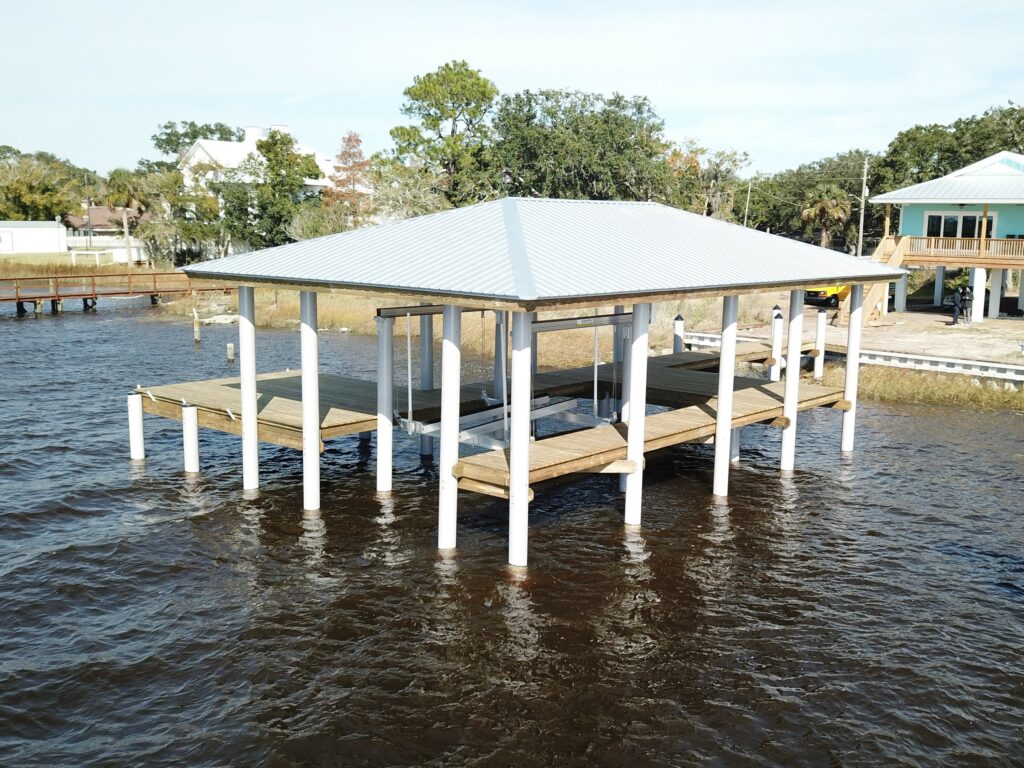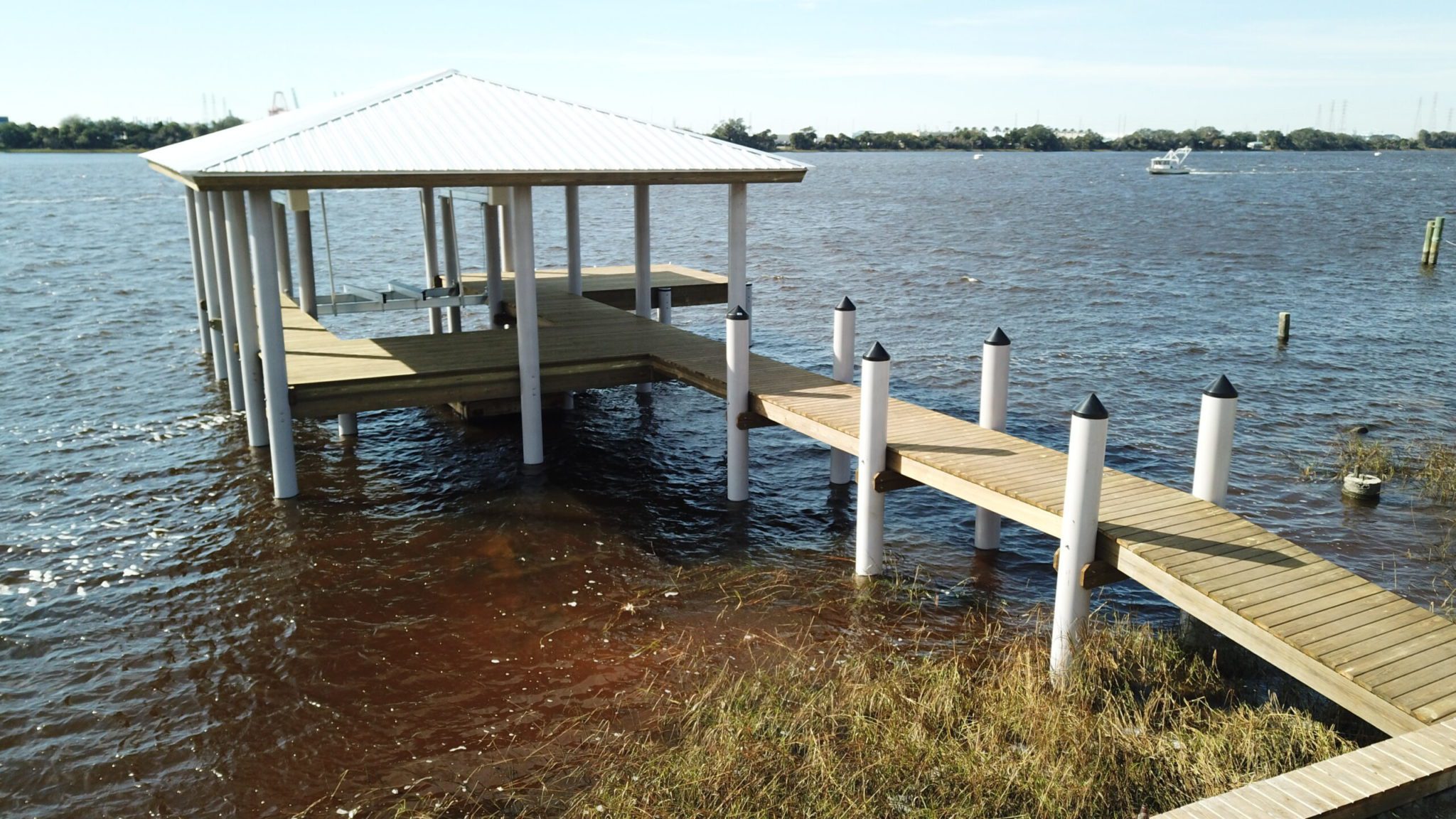Why Vinyl Breaks Down in The Sun (UV) and What an “UV Inhibitor” Actually Means
Vinyl is a versatile and durable material that is used in a wide range of applications, from upholstery and flooring to outdoor furniture and pool liners. In our case, we use it for marine construction via vinyl pilings and vinyl sheet piling for bulkheads. However, vinyl is not impervious to the elements, and exposure to sunlight and ultraviolet (UV) radiation can cause it to break down over time. In this article, we will explore why vinyl breaks down in the sun, what "UV inhibitor" actually means, and how a UV inhibitor will allow vinyl to withstand the harshest of marine environments.

Why does vinyl break down in the sun?
Vinyl is a synthetic polymer made from ethylene and chlorine, which is then processed to form polyvinyl chloride (PVC). While vinyl is known for its durability and flexibility, it is not impervious to the elements. Exposure to UV radiation from the sun can cause vinyl to break down over time.
UV radiation is a type of electromagnetic radiation that has a wavelength shorter than visible light but longer than X-rays. When UV radiation interacts with vinyl, it can break down the chemical bonds that hold the material together, causing it to become brittle, crack, or discolor. This process is known as photodegradation.
The extent to which vinyl breaks down in the sun depends on a variety of factors, including the intensity and duration of the UV exposure, the thickness and composition of the vinyl, and the presence of any protective coatings or additives.
What is a UV inhibitor and why do we use them?

A UV inhibitor is a type of additive that is used to protect vinyl and other polymers from the harmful effects of UV radiation. UV inhibitors work by absorbing or reflecting UV radiation, thereby reducing the amount of energy that is available to break down the chemical bonds in the material.
There are two main types of UV inhibitors: organic and inorganic. Organic UV inhibitors are typically organic compounds that are added to the polymer during processing. These compounds absorb UV radiation and dissipate the energy as heat, reducing the amount of energy available to cause photodegradation. Inorganic UV inhibitors, on the other hand, are typically metal oxides or other inorganic compounds that are added to the polymer. These compounds reflect UV radiation, preventing it from reaching the polymer and causing damage.
Discover More Solutions
It is important to choose high-quality vinyl products and to take steps to protect them from excessive UV exposure, such as using protective covers or storing them indoors when not in use. That's why we recommend EcoPile vinyl pilings and vinyl sheet pilings for marine structures such as boathouses, piers, and bulkheads. Visit our EcoPile Vinyl Pilings page or our page of Vinyl Sheet Pilings for bulkheads to see how they can benefit your marine construction project.
